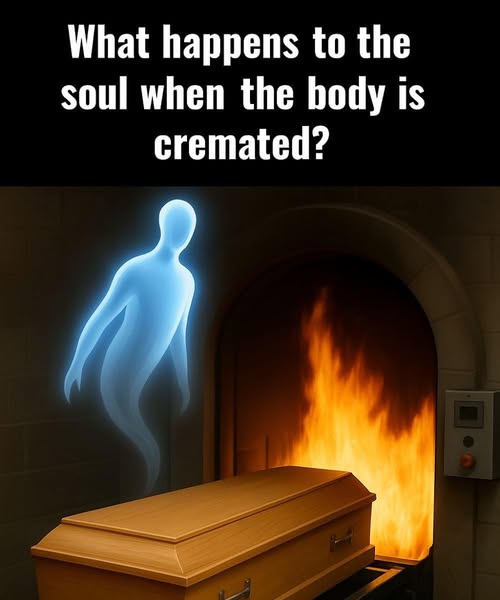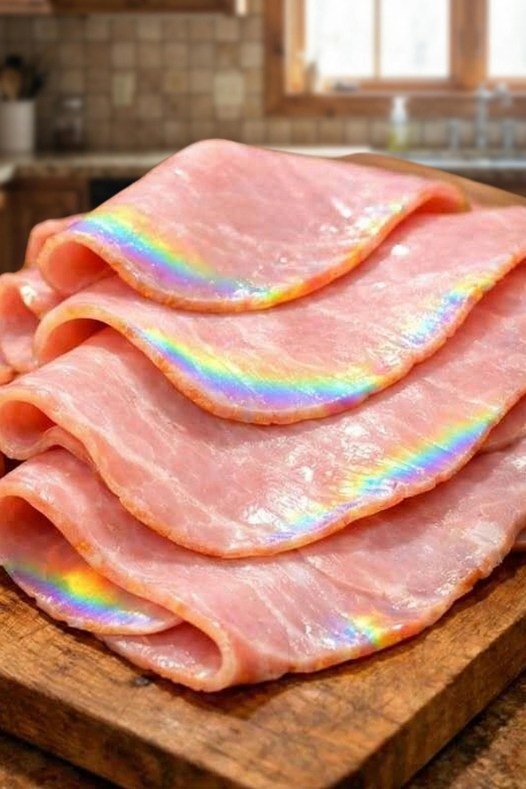
Death is one of life’s greatest mysteries. For centuries, cultures, religions, and philosophers have asked the same profound question: What happens to the soul after we die? While burial has long been the traditional choice in many parts of the world, cremation is now becoming increasingly common. But this shift raises another deeply spiritual question: What happens to the soul when the body is cremated?
Is it released, disturbed, or transformed? Let’s explore the beliefs, myths, and perspectives surrounding this spiritual passage.
The Soul and the Body: Two Separate Entities
In many religious and philosophical traditions, the soul is believed to be independent of the physical body. The body is seen as a temporary vessel, while the soul is eternal. When the body dies, the soul is thought to depart and begin a new journey—whether toward reincarnation, ascension, or rest.
This view suggests that the act of cremation does not harm or influence the soul—because by the time cremation occurs, the soul has already departed.
Religious Views on Cremation and the Soul
✝️ Christianity
Historically, Christianity favored burial because of the belief in the bodily resurrection. However, modern Christian denominations, including Catholicism, now accept cremation, so long as it’s not chosen for reasons contrary to faith.
Importantly, Christians believe that the soul leaves the body at the moment of death, and is judged or continues its journey. Cremation, therefore, does not affect the soul’s fate.
Also Read : When Someone in the Family Passes Away, Never Throw Away These 4 Things at Their Funeral
☸️ Hinduism
In Hindu belief, cremation is not only accepted—it’s encouraged. It is considered a vital ritual known as antyesti (last rites). Hindus believe the soul (atman) leaves the body upon death and needs the fire to fully separate from the physical world.
Cremation, especially near the sacred Ganges River, is seen as a way to liberate the soul from the cycle of rebirth (samsara). In this context, cremation is spiritually purifying.
☪️ Islam
Islam strictly forbids cremation. Burial is required, and the body is to be treated with dignity and returned to the earth. While the soul’s journey is believed to begin immediately after death, cremation is seen as a dishonor to the vessel that carried the soul.
Despite the soul having departed, respecting the body is a key part of honoring the soul in Islamic teachings.
🕍 Judaism
Traditional Judaism also opposes cremation, favoring burial as an act of respect for the deceased. Like Islam, the soul is seen as having a deep connection to the body, even after death. However, some modern Jewish communities are more flexible.
What Spiritual Teachers and Philosophers Say
Beyond organized religion, spiritual thinkers and mystics offer other insights:
- Some believe the soul remains near the body for a short time after death, observing the final rites. In such cases, cremation is not harmful but should be done with reverence, allowing the soul to move on peacefully.
- Others suggest the soul’s journey is unaffected by the method of body disposal, but rather by the state of the soul at the time of death—its attachments, regrets, or peace.
Energy, Vibration, and the Final Release
In metaphysical belief systems, the body is said to carry energy imprints of the soul. Cremation is seen by some as a way to transform or release this residual energy, allowing the soul to fully transition into the spiritual realm.
The fire, in this view, is not destructive, but liberating—a sacred element that separates the physical from the ethereal.
So, What Really Happens?
The honest answer is: we don’t know for certain. Science can explain the process of cremation—the temperatures, the time, the mechanics—but it cannot measure the soul or its journey.
What we do know is that across cultures and time, people have believed that the soul transcends the body, and that intention, reverence, and respect are more important than the method of final disposition.
Final Thoughts
Whether the body is buried or cremated, what matters most is how we honor the life that was lived—and how we let go with love, dignity, and care. For many, cremation is not the end, but the flame that sets the soul free.
So if you’ve ever wondered what happens to the soul when the body is cremated, consider this: the soul doesn’t burn. It rises.




3 thoughts on “What Happens to the Soul When the Body Is Cremated?”